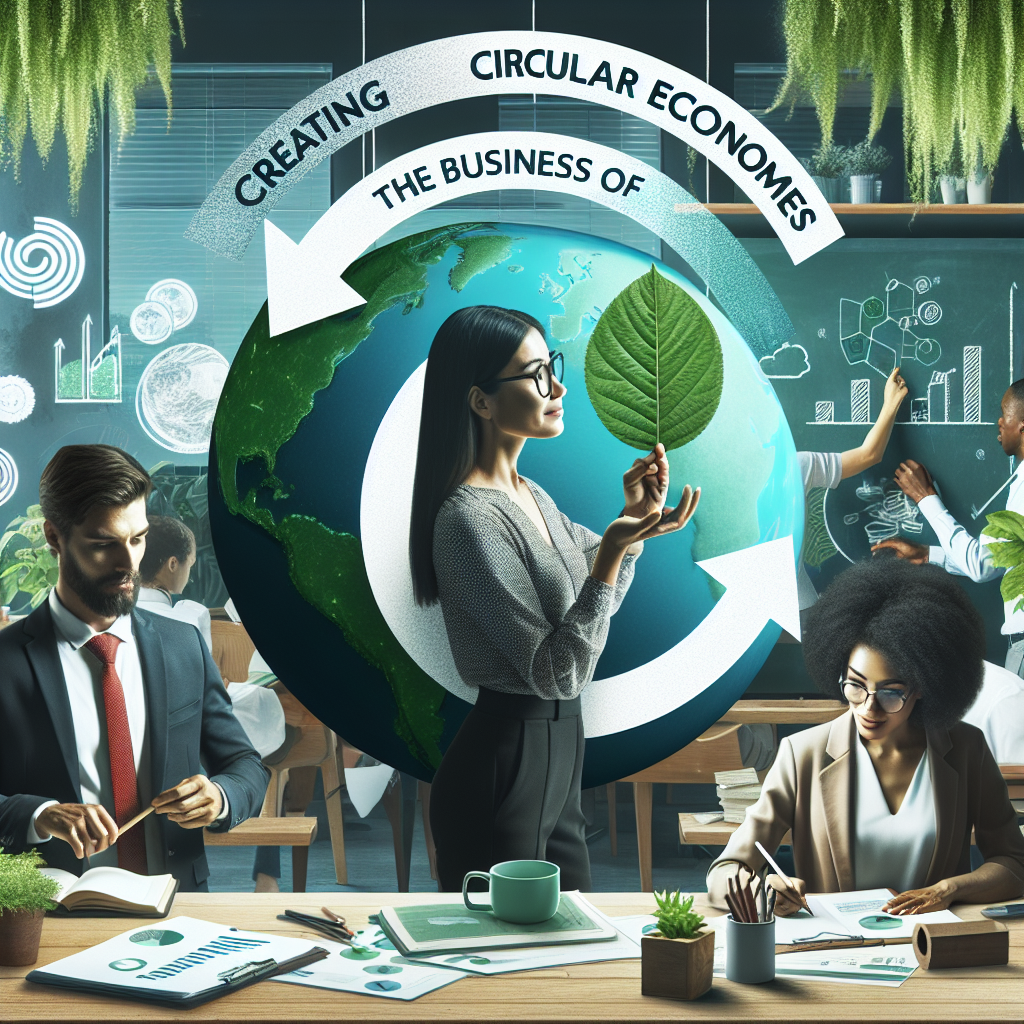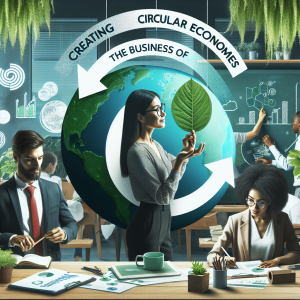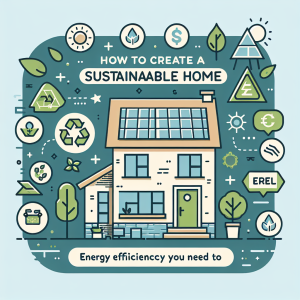The Role of Recycling in the Circular Economy
Recycling plays a pivotal role in the circular economy, a system designed to minimize waste and make the most of resources. The circular economy marks a departure from the traditional linear economy, characterized by a make-use-dispose model, by adopting a restorative and regenerative approach. Recycling is one of the key pillars in this system, allowing materials to be continually reused, which contributes to environmental sustainability, economic resilience, and resource efficiency.
The circular economy is underpinned by three primary principles: eliminating waste and pollution, keeping products and materials in use, and regenerating natural systems. Recycling directly supports these principles by ensuring that materials are reclaimed and reintegrated into the economy instead of being discarded as waste. It transforms end-of-life products back into raw materials, which are then used to create new products. This process reduces the demand for virgin materials, decreases energy consumption, and limits greenhouse gas emissions, thereby mitigating the impacts of climate change.
Understanding the role of recycling in the circular economy requires examining various aspects, from its environmental and economic benefits to the strategies and challenges involved in effectively implementing recycling systems. One of the most significant environmental benefits of recycling is its ability to conserve natural resources. For instance, recycling paper reduces the need for deforestation, while recycling metals lessens the environmental impact of mining. By preserving these resources, recycling helps maintain biodiversity and ecological balance.
Economically, recycling fosters job creation and promotes resource security. According to the Bureau of International Recycling, the global recycling industry employs over 1.6 million people and generates approximately $200 billion in annual revenue. Recycling industries create numerous jobs in collection, processing, and manufacturing sectors. Furthermore, recycling keeps materials circulating within the local economy, reducing dependency on imported raw materials and enhancing community resilience.
Recycling’s role in the circular economy is also instrumental in energy conservation. Producing goods from recycled materials generally requires less energy than manufacturing from virgin resources. For example, producing aluminum from recycled materials consumes up to 95% less energy compared to extracting and processing new aluminum. As such, recycling contributes significantly to reducing overall energy demand and diminishing the carbon footprint of manufacturing processes.
To fully leverage recycling within the circular economy, effective strategies are necessary. One such strategy is designing products for recyclability. This involves creating products with materials that are easier to recover and recycle at the end of their life cycle, using fewer mixed materials, or incorporating standardized components that can be reused. Implementing advanced sorting technologies in recycling facilities, such as artificial intelligence-driven sorting machines, can enhance the efficiency and accuracy of material recovery, leading to higher recycling rates.
Public awareness and participation are critical in maximizing the benefits of recycling. Education and campaigns to promote better waste segregation at the source, encourage responsible consumer behavior, and increase knowledge about the importance of recycling are vital. When consumers understand the environmental and economic impacts of their purchasing and disposal choices, they are more likely to engage in sustainable practices.
Despite its advantages, recycling faces numerous challenges in the circular economy. Contamination in recycling streams, for instance, significantly hampers the efficiency of recycling processes. When non-recyclable materials or improperly rinsed containers are mixed with recyclables, the entire batch can be compromised, leading to increased costs and decreased recovery rates. Addressing contamination requires robust public education initiatives and improved waste management infrastructure to facilitate proper sorting at the collection stage.
Additionally, volatile markets for recycled materials can impact the economic viability of recycling operations. Fluctuations in demand and prices for recyclables can deter investment in recycling infrastructure and innovation. Governments can play a crucial role by providing incentives, subsidies, or establishing mandatory recycling rates to foster industry stability and encourage sustainable practices.
Policy frameworks and legislation are fundamental to supporting recycling within the circular economy. By implementing extended producer responsibility (EPR) schemes, manufacturers are encouraged to design products with recyclability in mind and take accountability for the end-of-life management of their products. Such policies not only boost recycling rates but also drive innovation in sustainable product design and manufacturing practices.
Furthermore, public-sector collaboration and partnerships with private enterprises are essential to create an effective recycling ecosystem. Cooperation across industries can lead to the development of shared recycling facilities and initiatives, facilitating economies of scale and reducing operational costs. Governments can also foster innovation by supporting research and development into new recycling technologies and materials.
The role of digital technology in recycling cannot be overlooked. Innovations like blockchain can improve transparency in the recycling supply chain, ensuring more efficient tracking of materials and promoting accountability. Digital platforms can also enhance consumer engagement, offering rewards for recycling efforts or enabling easy access to information on local recycling programs and facilities.
In summary, recycling is a cornerstone of the circular economy, contributing to environmental preservation, economic stability, and resource efficiency. However, maximizing its potential requires overcoming significant challenges through strategic initiatives, policy support, technological innovation, and collaborative efforts across sectors and communities. Through these concerted actions, recycling can fulfill its role in a sustainable, circular economy.




